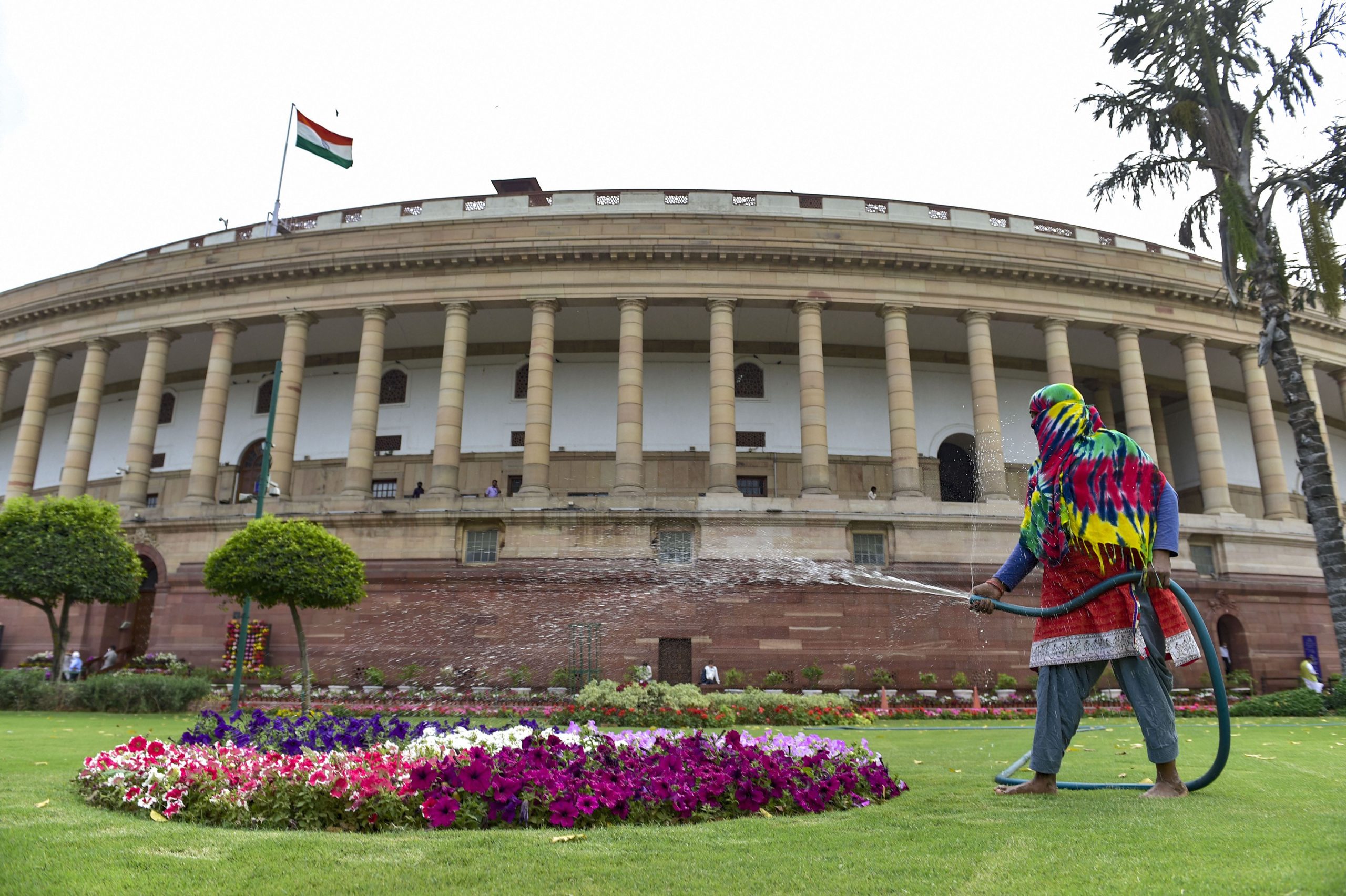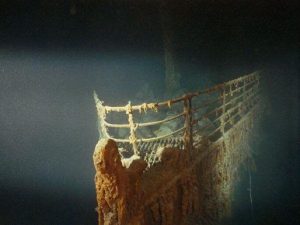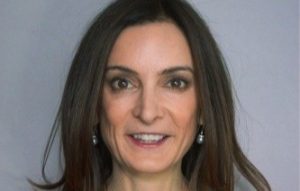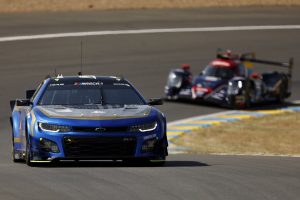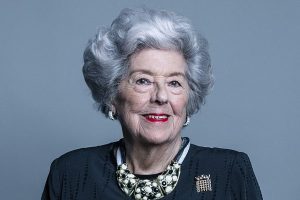May 13 is an important date in the history of independent India. After the first general elections (Lok Sabha polls) in 1952, the first session of the Parliament commenced on this day. This was no small feat for a country of such massive size, diversity that was under colonial rule for 200 years and was recently partitioned on religious lines.
What happened in the Parliament on May 13, 1952?
The first-ever session of the elected Parliament commenced at 10.45 am on May 13, 1952, with Ganesh Vasudev Mavalankar as the speaker. The oath-taking of the Members of the Parliament (MPs) was scheduled for the day. Among those who took oath on the first day was former prime minister Jawaharlal Nehru.
First general election
After adopting the Constitution on January 26, 1950, the first elections to the Lok Sabha were held from October 25, 1951 to February 21, 1952 in which 17 crore voters cast their ballots.
What were the results?
In the general elections, the Indian National Congress (INC) emerged as the single-largest party with 364 seats in the 489-member House. The Communist Party of India (CPI) came a distant second with 16 seats, followed by Socialist Party with 12.
How was India governed before the first general election?
From 1947 till 1952, the country was governed by an interim government, with Nehru as the PM, Sardar Vallabhbhai Patel as his deputy and the home minister, BR Ambedkar as the law minister and Maulana Abul Kalam Azad as the education minister, among others.
After the Constitution was adopted on January 26, 1950, the Constituent Assembly was dissolved and it started to function as the provision Parliament till the first general elections in 1952.

